- Products & Components
- Forging Process
- Technology Milestones
- CAD/CAE/CAM
- Machining Fleet
- Products Testing
- Finishing Service
- Know How
- Mold Design
Products
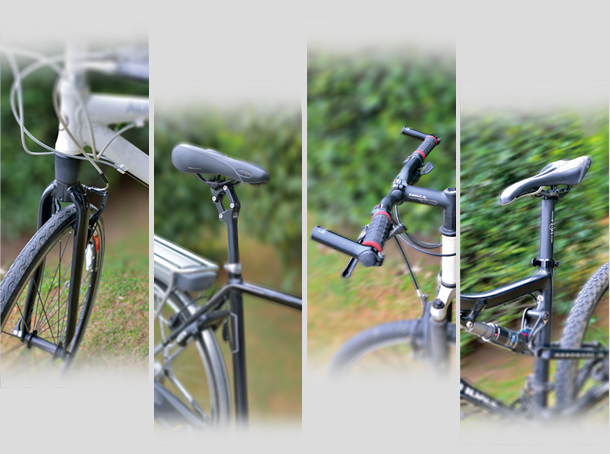
Post Moderne's products can be divided into two primary categories,
1: Turn-key finished products designed and engineered by Post Moderne. This includes suspension forks and seatposts for the comfort trekking bikes and a range of 3D forged alloy stems and standard seatposts. These products are open-model and available to customize with customer specified graphics and finishing.
Suspension components has been a primary engineering focus since the early days of Post Moderne and our attention to product safety and manufacturing quality has resulted in an exceptional range of suspension products with class leading comfort and safety.
Components
2: Customer designed forged alloy components. These are product designed by our OEM customers and then engineered and developed in collaboration with Post Moderne's team of mechanical and manufacturing engineers. This includes components for full suspension frames, cockpit and seatpost products as well as front suspension forks and hollow cranksets.
Materials: Post Moderne's primary expertise is in the application of the 2014, 6061 and 7075 aluminum alloys. Each alloy is carefully selected to align the physical requirements of the product with the ideal choice of manufacturing and finishing processes.
Post Moderne believes that the ideal balance of safety, lightweight and cost is achieved with alloy forged products and has chosen to continuously focus it's efforts on development in these areas. Carbon fiber materials have excellent properties when matched to the correct application and properly manufactured. Post Moderne has intentionally chosen to remain focused on their core strength and reinvest in engineering and forming technologies to remain at the forefront of alloy manufacturing .
Throughout Forging Process

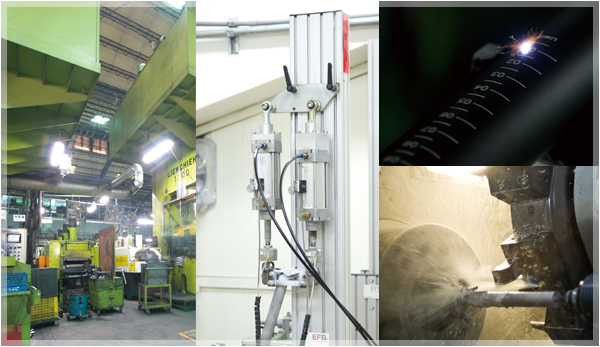
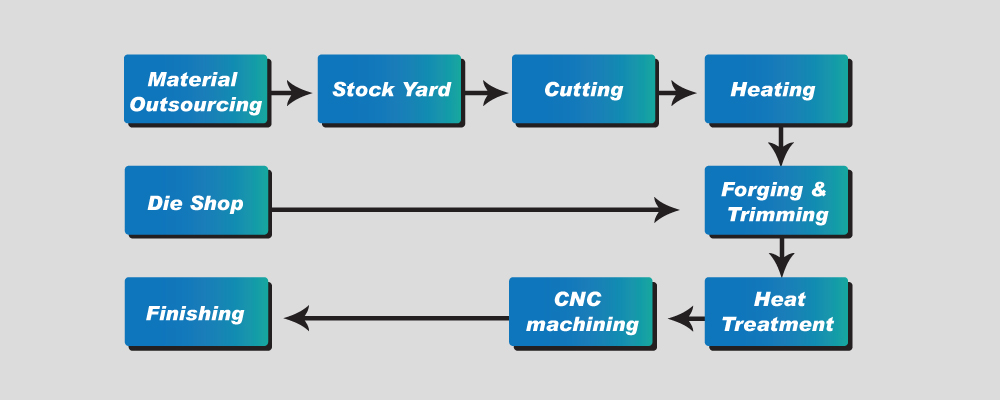
Post Moderne understands the benefits of short development, tooling and production lead times. Our efforts to reduce development leadtimes include the in-house integration of all CAD/CAM work and production of all molds and fixtures. This ensures tight control over the model leadtimes and implementation of those molds into the mass production environment.

Company's Forging Technology Milestones
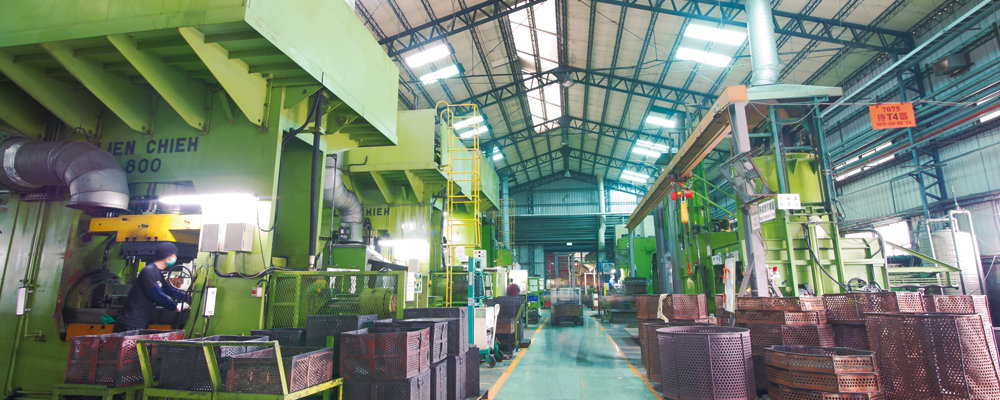
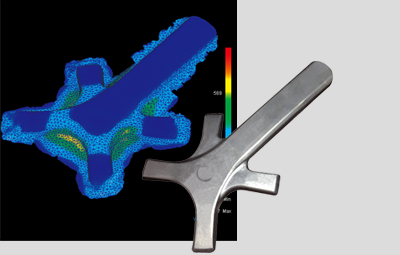

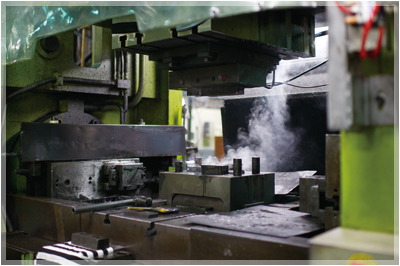
Here are just a few of the important milestones in the 40 years history of Post Moderne.
- 1972:the first company in Taiwan to produce bicycle components using alloy cold forging processes.
- 1993:the first company in Taiwan to offer 3D forging technology to the mass production of alloy bicycle components.
- 1998:the first company in Taiwan to use 7000 series aircraft grade material in the 3D forging of bicycle components.
CAD/CAE/CAM Design and Manufacture

Post Moderne has implemented a process for integrating their CAM /mold design teams to run in parallel with the product design development. This helps to ensure the mold design and manufacture is in-sync with the designers intent for the products and no important features are lost or reduced. This parallel integrations also reduces production mold leadtimes and ensure mold designers clearly understand the product requirements, as defined by the product designer.
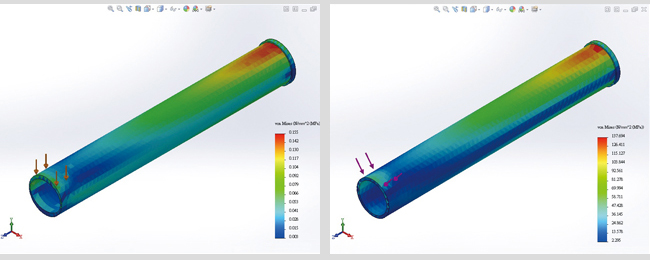
Our engineering team uses the current software (ProEngineer, Solidworks) and integrates all functional groups from CAD/CAE/CAM at the very first stages of the product creation cycle.
This includes the product design, 3d strength analysis, mold design and manufacture fixturing. This team integration results in the most accurate and complete conversation between the product designer and the manufacturing processes, resulting in the short development leadtimes and greater long term production stability.
CNC Machining Fleet
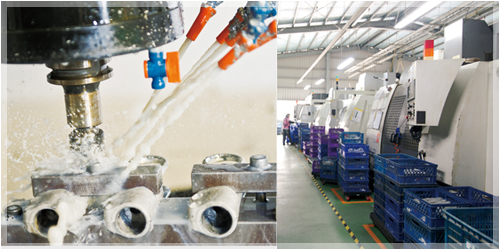
The CNC machining fleet plays an critical role in the success of all Post Moderne projects. All of our CNC machines are multiple axis capable to enable complicated and precise machining processes that are required for all post-forging features. We have several dedicated high speed machines that focus exclusively on mold making.
These specialized machines are integrated and connected electronically with our CAD/CAM file system and typically run 24 hours a day in order provide the shortest tooling and production lead times to our customers.
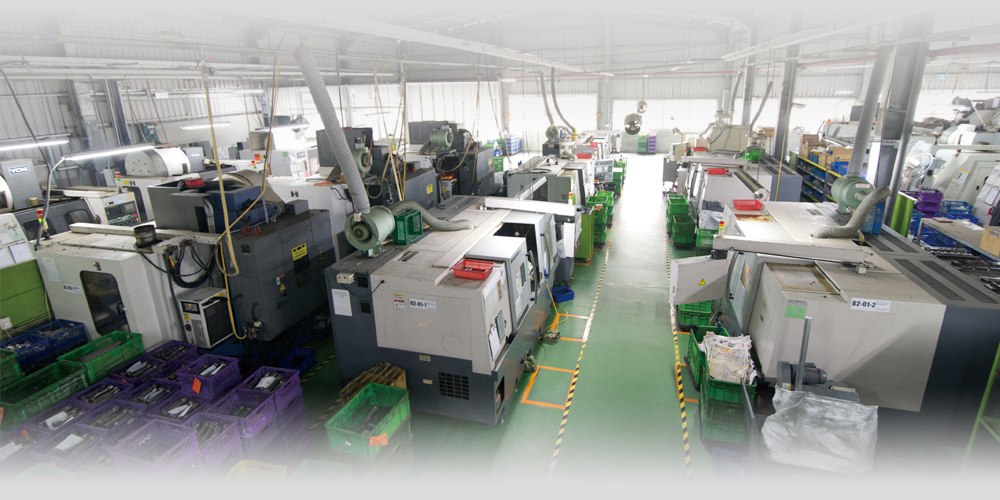
Products Testing
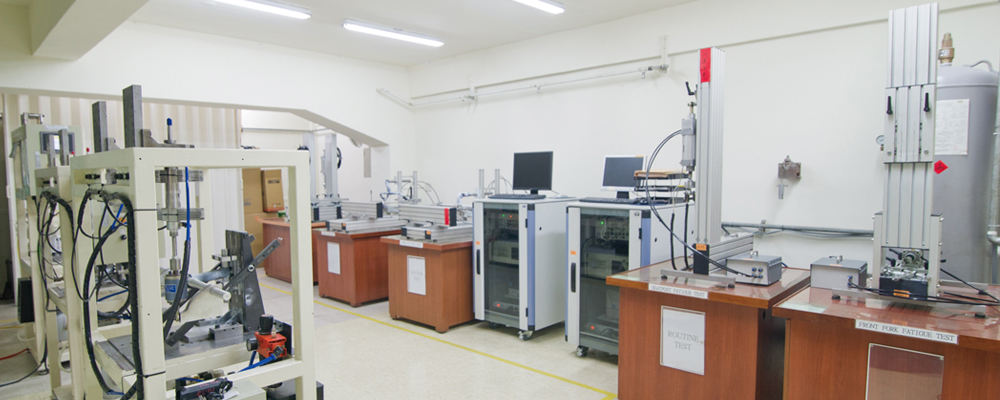
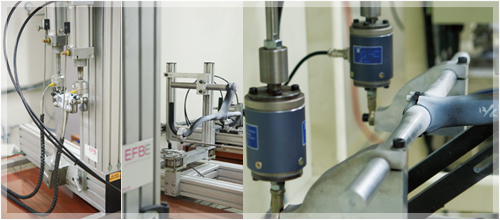
Post Moderne considers the safety of all products we make to be absolutely no compromise.
A vital part of our development process is the product testing to validate the design along witht he long term testing to ensure the strength and weight of the 10,000th part is exactly the same as the 10th part. Our testing equipment was manufactured in Germany, is used during the development stage as well as mass production. All tests are run to comply with the international standards of EN and ISO and also customized to meet the specific test requirements of individual customers.
Finishing Service
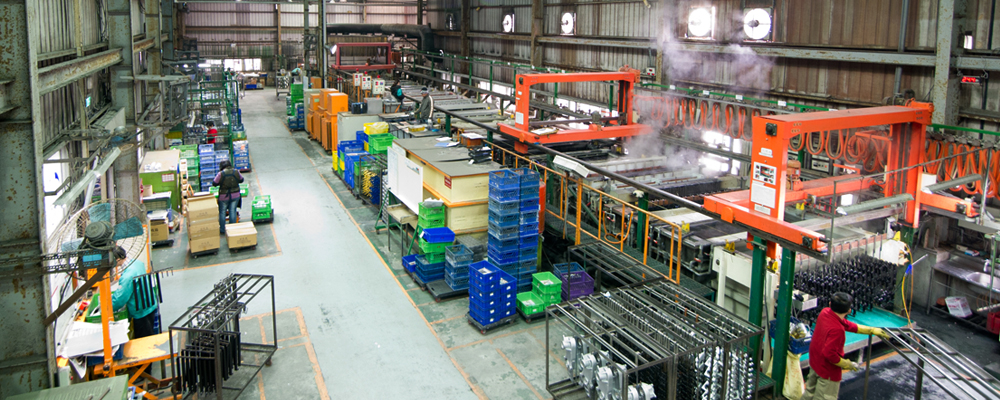
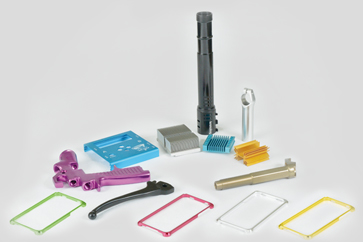
Finishing and color is always the first detail to catch the eye of the customer. In order to meet the different surface finishing and colors requests from our customers we have invested in the creatin of three separate anodization lines and one painting line in the house.
More than 80% of theproducts made by Post Moderne receive anodization surface treatment and each product can be tailored to match the requirements of the customer, even offering hard anodization for application that requires it.
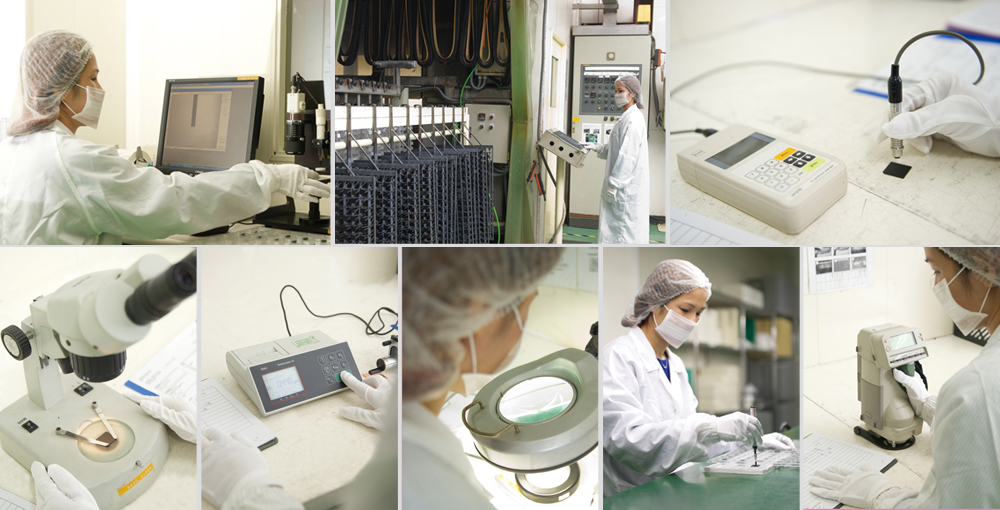
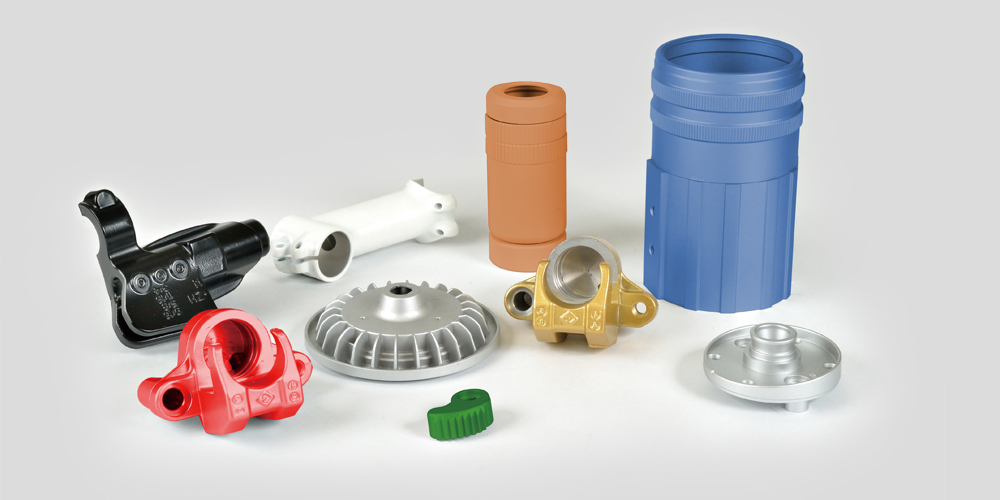
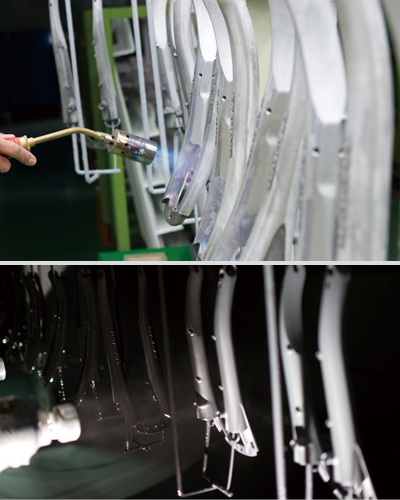
Painting is available for applications where the components must match the color of the bicycle frameset. Post Moderne establishes color standards and works with the OEM customer to ensure color matching with other parts of the complete bike.
Both the anodization and painting facilities of Post Moderne are made available to support processing of parts produced out of house to support customers from electronic 3C industries, automotive parts, sporting and hand tool components.
Special Know How
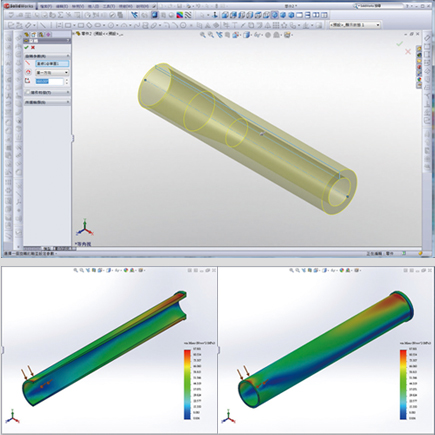
Strength/Weight Design Knowledge
Post Moderne's 40 years of experience has resulted in highly evolved understanding of the sensitive balance between lightweight and strength required to produce truly high end bicycle components. This includes the material selection, engineering design, manufacturing process selection and mold design.
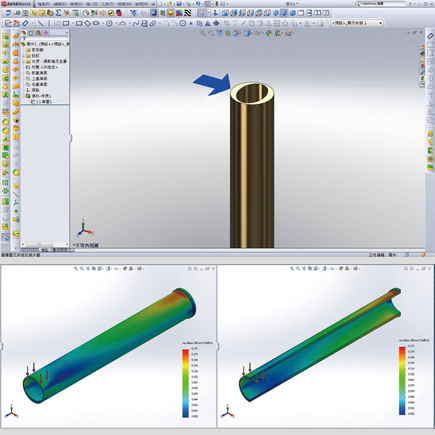
The Concept of SMICA ( Strength Maximized In Critical Area )
SMICA is a state-of-the-art product development procedure developed by Post Moderne. It's key goal is to direct metal flow parallel to major applied forming force, and by controlling, within limits, the reinforcement of the structure and magnitude of reduction of its final forms. SMICA enables Post Moderne to maximize strength in critical areas while at the same time keep the weight to a minimum.
Flexible Forging Mold Design
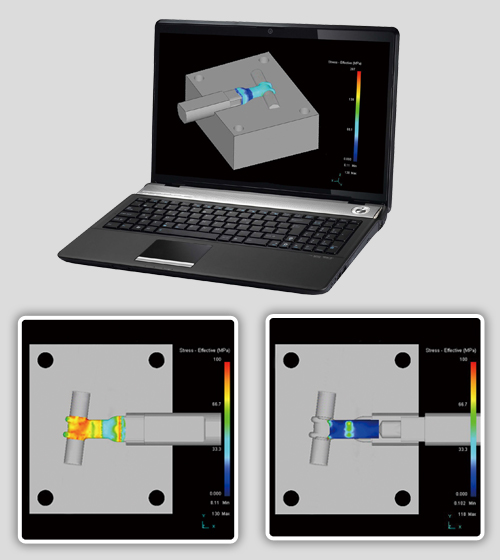
Post Moderne understands that bicycles ultimately need to fit a wide range of body types. This requirement means that components need to be produced in a wide range of sizes in order to fit each riders unique body geometry. Our mold designers focus on creating modular designs to enable our customers to utilize flexible mold components and avoid the need to create dedicated mold for each individual component size.
This helps save our customer's money and reduces the time required to switch molds during production. The result is a low mold cost to our customer and increased efficiency in the manufacturing environment.









